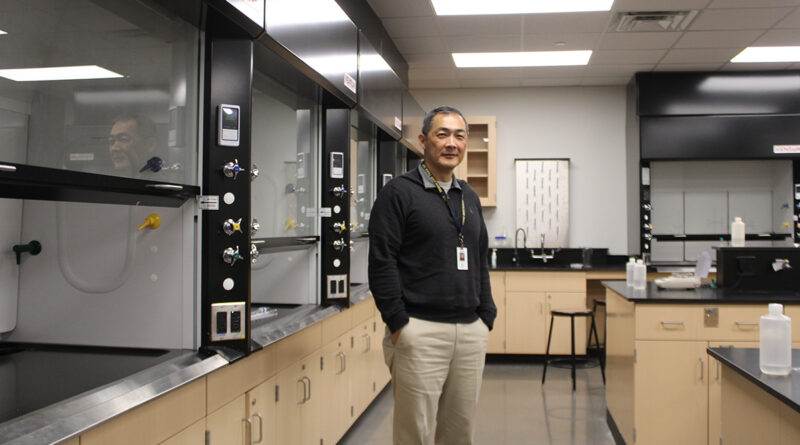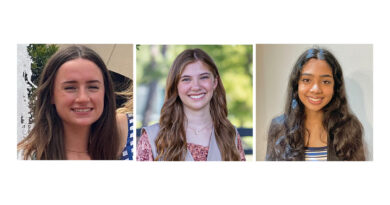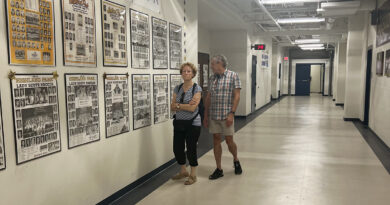Why Do We Study Science?
Ask Highland Park’s ‘Tech Titan Award’-winning chemistry teacher
The Technology Association of North Texas has named Highland Park High School AP and organic chemistry teacher Wenzen Chuang a “Tech Titan of the Future.”
The trade association’s award recognizes a high school teacher for developing and implementing an innovative teaching technique or program that inspires student interest in math and/or science.
“Wenzen Chuang is truly a master teacher,” HPHS principal Jeremy Gilbert said. “He has the unique talent of challenging his students with high-level content while also offering a customized and high level of support.”

Chaung, who has taught in Highland Park ISD for nearly 23 years, coaches the University Interscholastic League (UIL) science team and serves as the UIL academics coordinator for the high school.
“His teaching ability is characterized by his desire to create an interactive, supportive, and rigorous learning environment that challenges students to think above the curriculum itself,” wrote former student Cameron Laurie in a nomination form.
Laurie, now a sophomore at the University of Texas at Austin, credited Chuang with “inspiring students like myself to pursue a career in medicine or other related STEM fields using the strong experiences and knowledge acquired through his instruction.”
“It was absolutely very gratifying to know that I made a difference and an impact on students and their career path,” Chuang said.
“The reason we study science and math and difficult subjects like that is it really challenges students to work on their problem-solving abilities, their ability to process information, and I think it’s really critical, and it doesn’t really matter what field they go into when they get out of high school,” he said.
Chuang challenges his students with activities such as creating Dippin’ Dots-style ice cream (a process that requires liquid nitrogen) and a Shark Tank-style soap-making contest to see which students can make the best product.
Gilbert typically judges the soap-making contest.
“The soap project is a tangible example of what is possible when students are provided with a balance of content and space for creativity,” Gilbert said. “The student-led presentations for this project were filled with a high level of science know-how paired with the personalities and flair of the student designers.”
During the COVID-19 pandemic, Chuang had to find ways to teach the material and keep students engaged without the all-important on-campus lab.
He found a website with recorded videos of people doing labs.
“It’s not just watching the video,” Chuang explained. “They have different instruments that they showed the video on, and they record data as they’re going through the process. We could actually, as best we could, keep up our lab curriculum by using this website and looking at the videos of the labs they had conducted, record the measurements and record the data from the video, and then they would actually go through and do the calculations and analyze the data they collected to see what the results were.”








